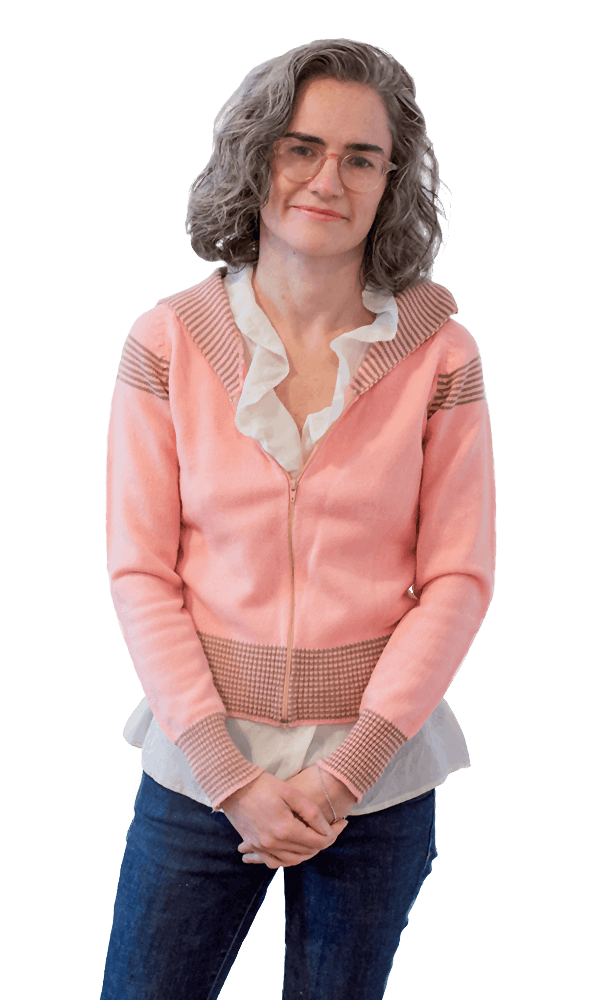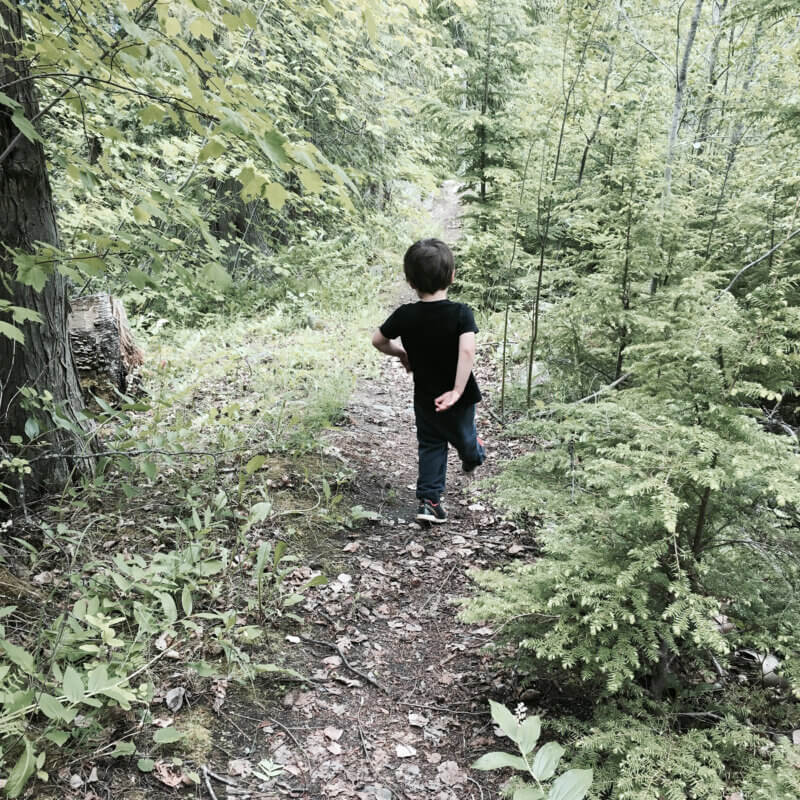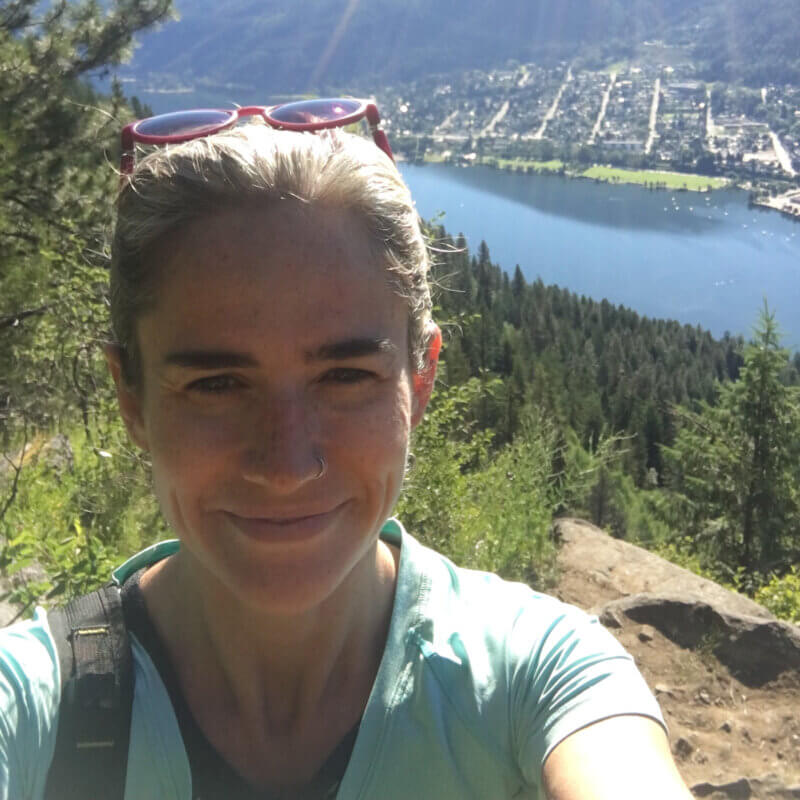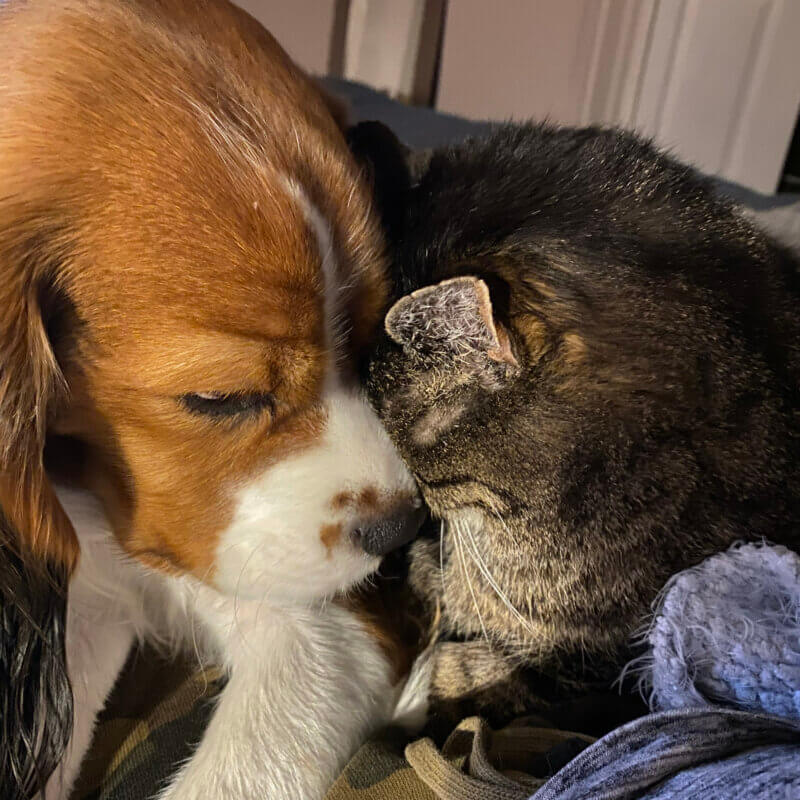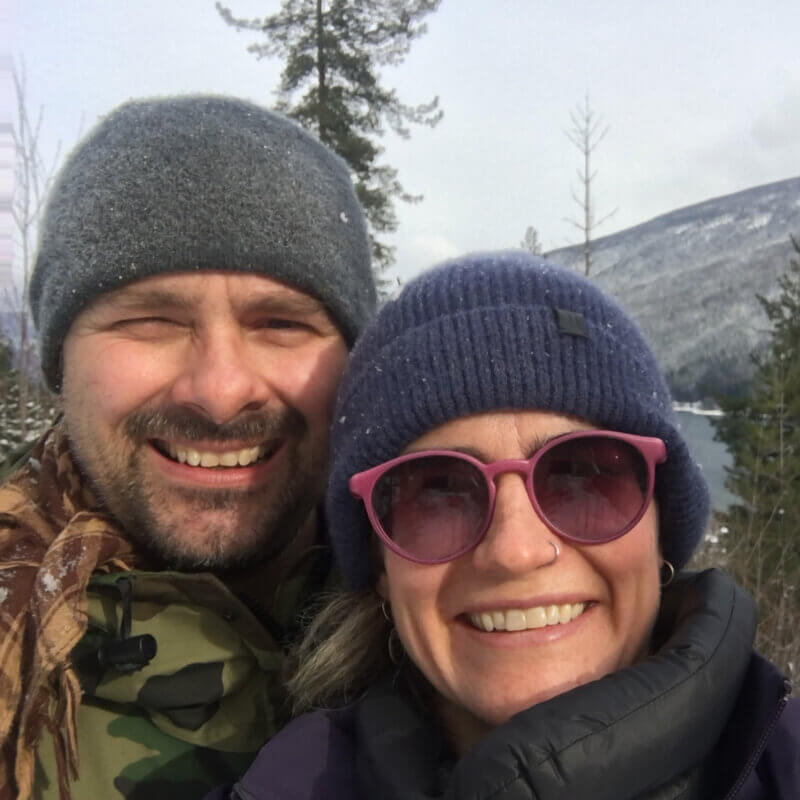Embodiment a Trauma-Informed Approach
Embodiment means that we feel our way through our lives. When we have experienced pain and trauma detachment can be a way of survival. I believe healing from the past requires a re-embodiment, a re-connection to self. Yes, this can be painful which is why my main focus is holding an empathetic presence, offering a caring hand in life’s darkest moments. There is a gift after processing the pain we find a love that is more powerful and unconditional than we could have ever imagined (Brach, 2020).
Many of my clients have struggled with substance use, eating disorders, chronic pain, postpartum depression and complex PTSD. I work with my clients to look past these labels understanding the effects of intersecting layers of trauma. We can look at trauma by addressing the complex events in our lives that caused an internal state of helplessness. We find hope by shifting the story from what’s wrong with me to what happened to me (Ali, 2009).
“The ACE study has shown, child abuse and neglect is the single most preventable cause of mental illness, the single most common cause of drug and alcohol abuse, and a significant contributor to leading causes of death such as diabetes, heart disease, cancer, stroke, and suicide. In reviewing the data from the ACE score it was found that its overall costs exceeded those of cancer or heart disease and that eradicating child abuse in America would reduce the overall rate of depression by more than half, alcoholism by two-thirds, and suicide, IV drug use, and domestic violence by three-quarters.” (Van der Kolk, 2015, p. 150).
The events of trauma are replayed throughout our life affecting our behaviours and how we feel about ourselves. Other times we suppress our trauma which often leaves us feeling powerless and disconnected. It is common to see unresolved trauma leaking out into our life. This trauma can show up as misdirected rage toward our loved ones or strangers. Engaging in trauma-informed counselling is not easy; it takes bravery. However, it is essential to remember that you are in charge. You should set the pace and pick the tools that work for you. The process is about regaining a sense of power to embody your life again.
Trauma-informed counselling is done together; in fact, the client is the expert. My job is to create a safe space or a container where trauma can be titrated (processed or felt) slowly with support (Briere, J. N., & Scott, C., 2014). This process helps us to know and understand ourselves better. Feelings of shame from trauma can feel like they define us. Yet when we work in this way, we find the past behaviours were instinctual and often kept us alive. The goal of this work is to connect to ourselves on a deeper level and embrace our true selves (Schwartz, 2019). It is not our darkest moments that shape us as people. It is our heart, our connections and being alive that makes us human.
Attachment
Attachment healing is often happening in our adult relationships (Heller, 2014). Many of my clients have healed childhood wounds through their relationship with nature. Love is a vital need for us; the pain we experience in relationships is the most profound. The latest research from neurobiology is inviting us to understand better the impacts of childhood trauma on ourselves. Research in this field is showing us what love and secure attachment can do to promote brain development. We are understanding now how “the brain is shaped by our communication within interpersonal relationships” (Siegel, 2020, p. 1). Many health professionals, psychiatry and other health science workers have been advocating for the inclusion of complex post-trauma stress disorder (C-PTSD) in the Diagnostic Statistic Manual for Mental Disorders (DSM).
We see that children with four or more adverse traumatic (ACE) childhood experiences had: “two and a half times the risk for COPD and hepatitis” versus a person with no adverse childhood experiences. “Four and a half times the risk for depression and twelve times the risk for suicidal ideation” (Bell, 2015). When a child’s brain is developing under too much stress, there are changes in the parts of the brain that responds to pleasure and rewards (Bell, 2015).
“Casey Family Programs found that foster care youth had PTSD at twice the rate of U.S. war veterans (As cited by Bell, 2015).” Unfortunately, many of these individuals with high ACE scores struggle to find help in our systems that are short-term, solution-focused and reactionary.
Our development of “self” is essentially a reflection of how we are treated by our caregivers (Brier et al., 2014, p. 202). Parent distractions or preoccupation with their unresolved relationship histories create confusion and uncertainty about what makes the relationship good or bad. As children, we constantly try to rearrange ourselves to fit our caregiver’s changing moods and responses.
When we are raised with secure attachment, we tend to find relationships are easier. We expect to be treated well and know that is what we deserve. We treat our partners with respect as well. We trust our partners and others realistically, and we trust in humanity and the world more or less unconditionally. (Heller, p. 2)
Attachment-based counselling is complex given the developmental nature of the trauma. Fortunately, we can ‘earn’ or ‘learn’ how to reorient to secure attachment through a healthy relationship of any kind (Heller, p. 4). Sometimes this is about studying the relationship one has with a pet, with nature, or spiritual power; it also about exploring the therapy relationship.
Longer-term therapy should be expected in attachment work. Building a relationship of trust and deep connectedness provides the most effective state for processing relational trauma, especially when it is preverbal ((Brier et al., 2014, p. 210). Building the therapeutic relationship in itself becomes the natural platform to challenge old relationship schemas.
What to Expect
When we are work with our attachment system, it can make it difficult to determine how many counselling sessions might be suitable. Sometimes I will work with someone for a few sessions as they want help with a specific skill or challenge. However, many of my clients have engaged in working with me over several years. Because attachment is so closely linked to brain development, individuals who experienced neglect or abuse find life-long counselling supportive.
Some of my clients have let me know that they found the trauma toolbox skills were not initially effective. It seemed that we had first to resolve depression symptoms related to disassociation. We did this by clearing the confusion from their childhood and bringing awareness to their development trauma. It can take years of regular counselling to understand our attachment wounds fully. However, the process is different for everyone, and we should work together to create a plan that fits for you.
Indigenous Teachings
I have been so lucky as a social worker to have worked with many excellent Indigenous teachers. In my BSW, I took many Indigenous courses realizing I had so much to learn. During a field course, Indigenous elders taught me how to connect with the land and survive in the wilderness. The medicine wheel, sweat lodge, Indigenous drumming, and smudging have been spiritual teachers for me. Social work has a dark legacy; the sixties scoop robbed an entire generation of Indigenous teachings. Unfortunately, Indigenous children continue to be removed in mass from their families. Honouring Indigenous teachings and culture has been one part of reconciliation. We can also educate ourselves on colonization’s effects, and the mass trauma Indigenous people have suffered. When I work with Indigenous clients, I hope to understand their unique story and support their connection to their culture.
Please enjoy my podcast made with my peers at the University of Calgary, where we discuss building relationships of allyship with Indigenous Peoples.
Social Justice and Who I am
Introduction
Deciding to return to university and complete my masters in social work (MSW) took me some time. I felt a bit cynical about returning to school worried I might be too old or that the course work might be repetitive. Fortunately what I actually discovered was how to reconnect with my passion for this work. I have been inspired by my peers and my teachers and I have found a sense of community in this work that is so often overwhelming and isolating. When burn-out and compassion fatigue seems to be a normalized professional hazard I find myself so grateful for having made this choice to further my education.
My Social Location or Who am I?
My MSW learning has also been about understanding my social location or who I am as a social worker. This has been a deeply personal journey for me in understanding my history including my privileges and trauma’s. I have been learning more to lean into the places where I feel uncomfortable and examine what I am feeling, thinking and saying. As Kathy Absolon describes how social workers must examine the “parameters of what [we] may know and not know”? (2010, p. 75).
I continue to learn how I am not an objective, blank slate. I agree with Mandell who states that our histories, values, bias, attitudes, self concept, anxieties, protective instincts, cultural background, social identity and commitment to social justice directly impact our clients (2008, p. 237-244). I was fortunate to grow up in a lower middle class family where my parents embraced the 60’s and 70’s movement of prioritizing love and peace. I had the privilege of loving parents, healthy farm raised food, clean water and a safe community. It is normal to resist really understanding the way privilege shapes our lives and it is tempting to believe that we earned our place in the world. However, understanding my privilege fills me with empathy for the individuals I work with.
I have also learned about taking responsibility for my trauma in an effort to better care for and fully accept myself. Most (if not all) social workers seem to enter the profession motivated by painful pasts. It is still unclear if being a so-called wounded healer is a strength or an impairment (As cited in Mandell) Miller & Baldwin, 1999). But thankfully greater attention in our profession is being paid to the benefit of having lived experience. As Carl Rogers goes on to tell us, “we cannot change, we cannot move away from what we are, until we thoroughly accept what we are. Then change seems to come about almost unnoticed.” So the better we can accept and understand our unconsciously held biases, stereotypes, and oppressive beliefs we can allow for change ((2004)2021).
As a child I felt and was described as being sensitive and empathic. At times this seemed to lead me to be bullied by peers and adults in my life. My two oldest uncles were victim survivors of child sexual abuse. Unfortunately, the cycle of sexual abuse rippled through my life and our family. I am still uncovering the different ways this violence has affected me and my family. Social work has of course helped me to better understand my family and these relational experiences. I have seen my uncle’s faces in my clients and I recognize the love and fear I have for them. Learning how to recognize and accept this fear seems to be making me stronger. I have also been examining my own judgments toward myself as a victim. My work will continue to be leaning in and examining the effect of deeply held unconscious judgements. As a “white” women it is so important to keep examining these held beliefs working for an anti oppressive world.
My experience as a social worker has included a two-month intensive practicum in Zambia, Africa. I learned a lot about my privilege, and the collective culture humbled me. I also learned about the effects of colonization. I saw the village I worked in changing as the younger generation moved toward independence and the Western world’s ways. The experience in Zambia highlighted the importance of client-centred practice as I started to recognize the value in a culture that was new to me.
Since 2009 I have been working directly with diverse populations. I worked for several years with the CUPS team in Calgary, providing food and other supplies to individuals struggling with homelessness. My first job in healthcare was with the Mobile Response Team with Alberta Health Services. We provided mental health assessment and crisis counselling to individuals in the community who were marginalized and unable to make it to a health centre. I learned a lot about our governments’ systems and how to advocate for my clients.
In 2014, I started working with Dr. Joel Kailia at the RISE BC clinic with substance use and chronic pain. I learned so much about trauma and the connection to chronic pain from my clients. Dr. Kailia and I worked tirelessly to provide opioid antagonist treatment to hundreds of individuals during the fentanyl crisis.
I kept my passion alive by studying with Mariah Moser starting in 2016 in Relational Somatic Therapy. Learning about how trauma affects our nervous system and brain completely changed my perspective. I have such a deeper understanding and awareness of mental health and substance use now. This passion lead me to start my master’s, this past year, I have been completing a graduate certificate in clinical social work practice in trauma-informed practice.
The past year I have been working with the new urgent primary care site in Castlegar. I have also been providing perinatal counselling support to new and expecting moms at Apple Tree Maternity in Nelson. I am incredibly passionate about providing this care as parenthood is optimal for healing attachment wounds.
Life Experience
My passion for working somatically with chronic pain was prompted by lived experience with injury and trauma.
In 2013, while birthing my beautiful son, I suffered a traumatic and painful nerve injury. I sought out a path to recovery, moving to the Kootenays, and studying chronic pain management. Since then, she has been renewing her body’s well-being, reducing her pain alongside her clients. I have learned how mindfulness and trauma-informed practices can decrease pain. My favourite tool has been working somatically from an attachment focus. I was fortunate to have parents that I knew really loved me. But as an introvert and a highly sensitive person, it was not always easy being in the world. We had trauma in our extended family that passed through the generations, and I often struggled with my self-worth. Finding my voice and learning to set healthy boundaries have helped me to believe in myself. My self-care now involves embodying myself with love and kindness.
Credentials
- Social work diploma Mount Royal College 2009
- Social work degree University of Calgary 2011
- Relation Somatic Therapy Certificate 2016
- University of Calgary, Graduate Certificates in Trauma and Clinical Social Work 2022
- University of Calgary MSW 2023
- EMDR Certificate I and II 2023
- CISM crisis intervention stress management
- ASIST suicide first aid
- SMART recovery facilitator training certificate
- Certified counsellor with Victim Services BC
- Chronic Pain Counselling RISE BC March 2015-2021
- Perinatal Counselling at Apple Tree Maternity 2020-2021
- DBT group facilitation and training in through Interior Health Services
- Eating Disorders Clinic in Nelson, BC at Interior Health Services
- Opioid Replacement Therapy Social Worker 2015-2020
- Re: act Adult Guardianship Certification IHA
Future Goals
During my MSW I started working in a new clinic within the Kootenay Boundary. The clinic was an exciting new primary care project between the Division of Family Practice and Interior Health. Our clinic is providing primary care services to individuals who do not have a family doctor. My personal goal has been to deliver trauma informed practice (TIP) within this system. I have worked to look at the possibilities and barriers to delivering the best care I can. My future goal is to continue this work while continuing my education in EMDR therapy. I would also like to develop a small private practice for those who do not fit in our medical model. I hope to have a positive impact on policy making and education within our healthcare system in Interior Health. My social justice ambition has made me feel curious about a leadership position.
Tara is a registered social worker with BCCSW and registered with the BC Crime Victim Assistance Program. *If you or someone you know has been a victim of a crime or abuse, contact victim services. You may be eligible to receive private counselling services at no charge to you. Victim Services is available by calling directly or in Nelson through the Advocacy Centre.
